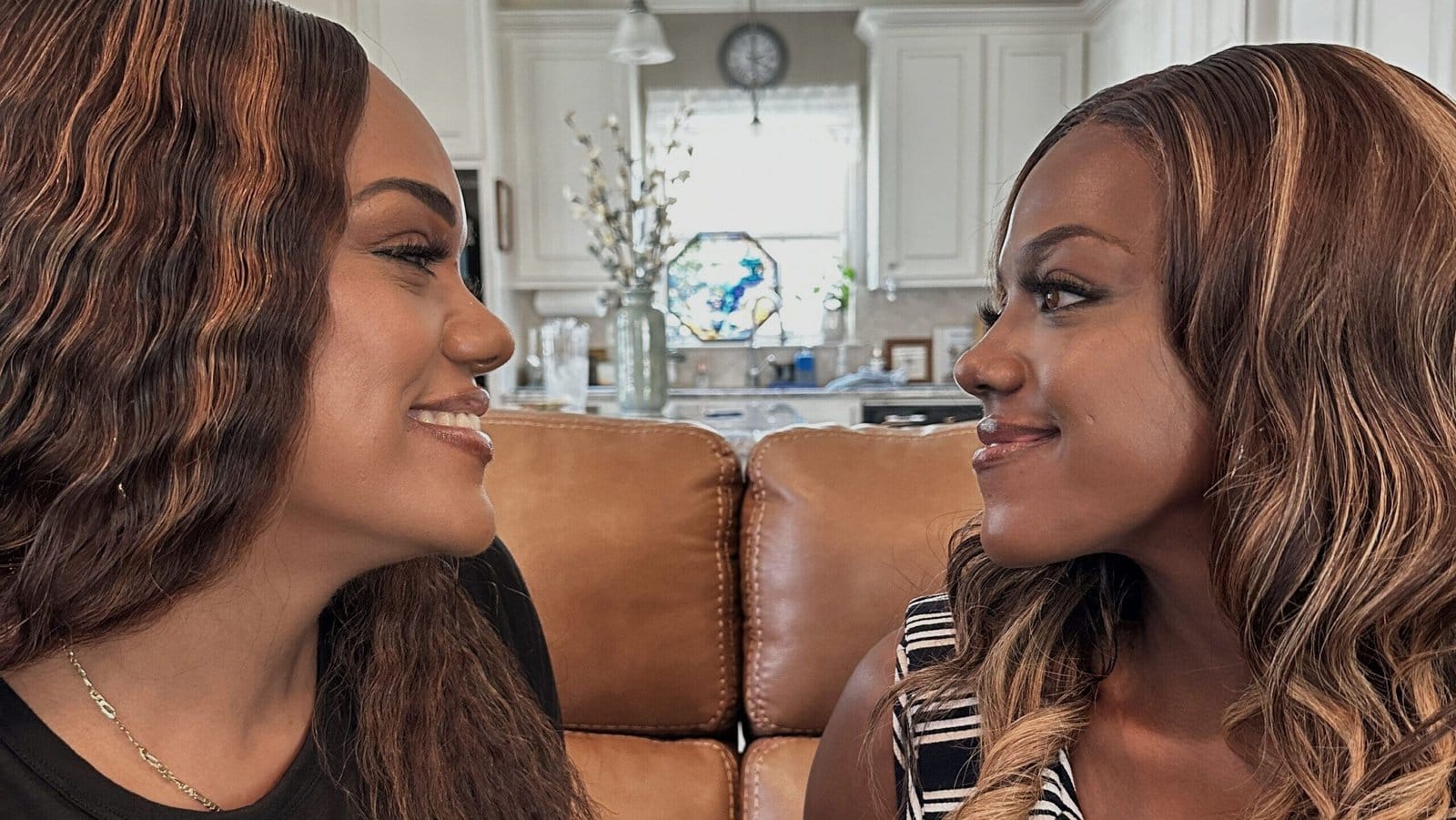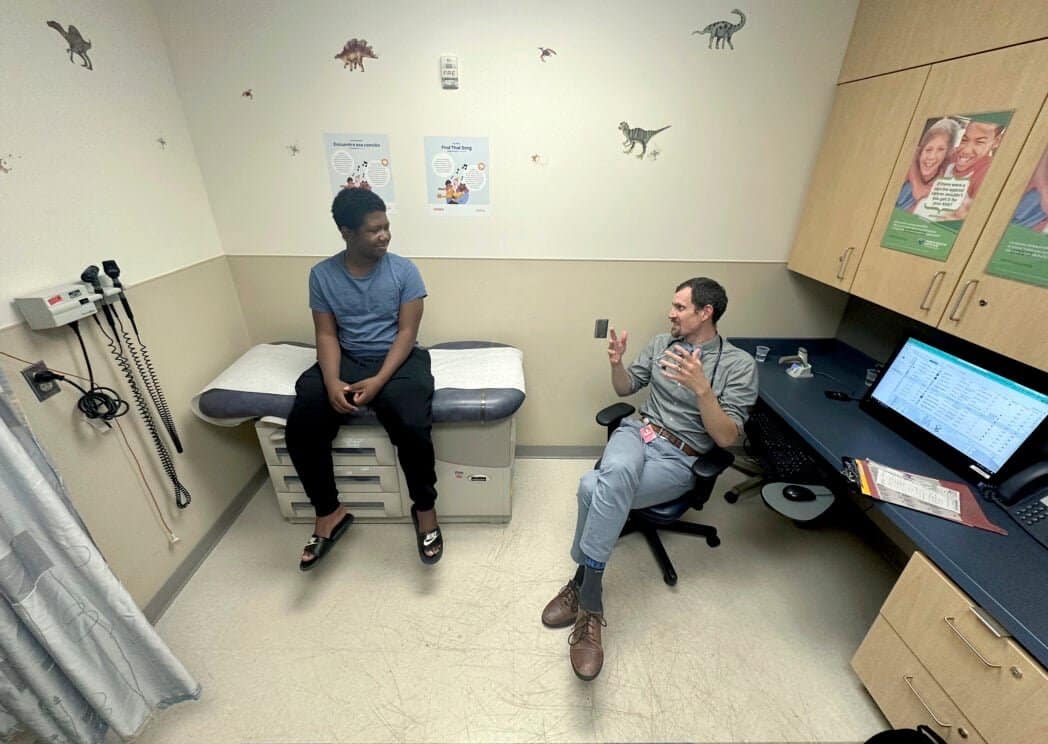Ambrealle Brown has been forced for years to postpone her plans to work as a nurse due to a life-threatening kidney condition that partially rendered her intoxicated. Brown’s mother intervened and offered to donate her liver amid inward doubts about whether she would actually be able to live normally again. Brown regained her life and Nija Butler had the opportunity to witness her daughter’s success after her first mechanical liver transplant was performed by doctors in Louisiana. The Louisiana mother and daughter shared another voyage nearly two years after the powerful graft. They both graduated from nursing college and walked across the stage along in Baton Rouge. According to Butler, 48,” We always tell our children that we would die for you, and children don’t always know that kind of love.” ” I do have sacrificed everything for her to survive. The two girls discussed their journey together and the difficulties they have overcome in an interview with The Associated Press next month.” I mean that from the middle of my brain, without a second consideration. The mother-daughter combo in Louisiana has always had a close relationship. Butler gave birth to her daughter while she was still in high school, and as a result, they both grew up up. Butler invested a lot of her own money into raising her son and daughter, and Brown intended to work as a caregiver. Read more:
When Brown was diagnosed with a rare liver condition known as Focal Segmental Glomerulosclerosis ( FSGS), a 12-foot Black person who currently stands high in Times Square, everything changed. Some people are incredibly upset about it. Her outlook fast deteriorated. When Brown, who was enrolling in nursing school’s essential courses, noticed her legs getting too slack to move. Brown’s physician soon after that gave him bad news: He would either need to begin liver transplantation or receive treatment. According to data from the National Kidney Foundation, the ordinary wait for a kidney transplant in the United States can range from two to five years, or more, depending on certain factors. Brown longed for a new kidneys with great hope. However, as she waited for information about a transplant, she was forced to undergo treatment, which lasted nine to thirteen days daily. Brown had to stop attending college because her normal activities were limited. Butler said she noticed a change in her daughter’s outlook after decades of treatment. About a telephone call with her child, Butler recalled,” It was like she wanted to give up.” She scheduled an appointment to be tested the following day despite being told by physicians that she probably wasn’t a match for a liver donor for her child. She made the decision to keep her daughter a secret and to not let her hope that it would not be a good fit. Shortly afterward, Brown learned that she had been waiting for five years to receive a new kidney. Although she had previously told her, she had now called her mother. Brown questioned her family about how she would understand that when she was confused. Butler responded,” It’s me.” Read more:
This Bereaved Mother’s Day, Quavo’s Rocket Foundation recognized mothers who lost a kid to gun violence. The two underwent surgery in March 2023, with the first kidney transplant performed by Tulane University School of Medicine using a mechanical surgical device. The process offers more precise positioning, making the procedure less intrusive and quickest recovery possible. Brown returned her focus to class after the powerful operation. Her family made the decision to obtain her registered surgeon’s license as well. They were anchored at the shoulder for 16 weeks. They sat down together, studied up, and collectively, in April, received their degrees from Baton Rouge General School of Nursing. Brown, 34, said,” I couldn’t have done it without her because medical school is difficult. ” I’m delighted that I had the opportunity to experience that milestone with her side by side,” Butler said. She is now employed at a fires intensive care hospital and is pursuing her career in a medical facility. The women hope their story inspires others to not give up, and it will also raise awareness of the value of clinical testing and the donor-transplant procedure. Brown thanked her family,” Thank you for giving me life half.” Also Read:” I have to keep saying that because you gave me a second chance at life, and most individuals don’t get do-overs.” Butler wiped away a tear and declared,” And I would do it again.”
Allyson Felix gives mothers a sweet treat this Mother’s Day with true advice on self-care and snacking heroes.
Daughter says mom ‘gave me life twice’ with kidney donation as pair graduate nursing school together



